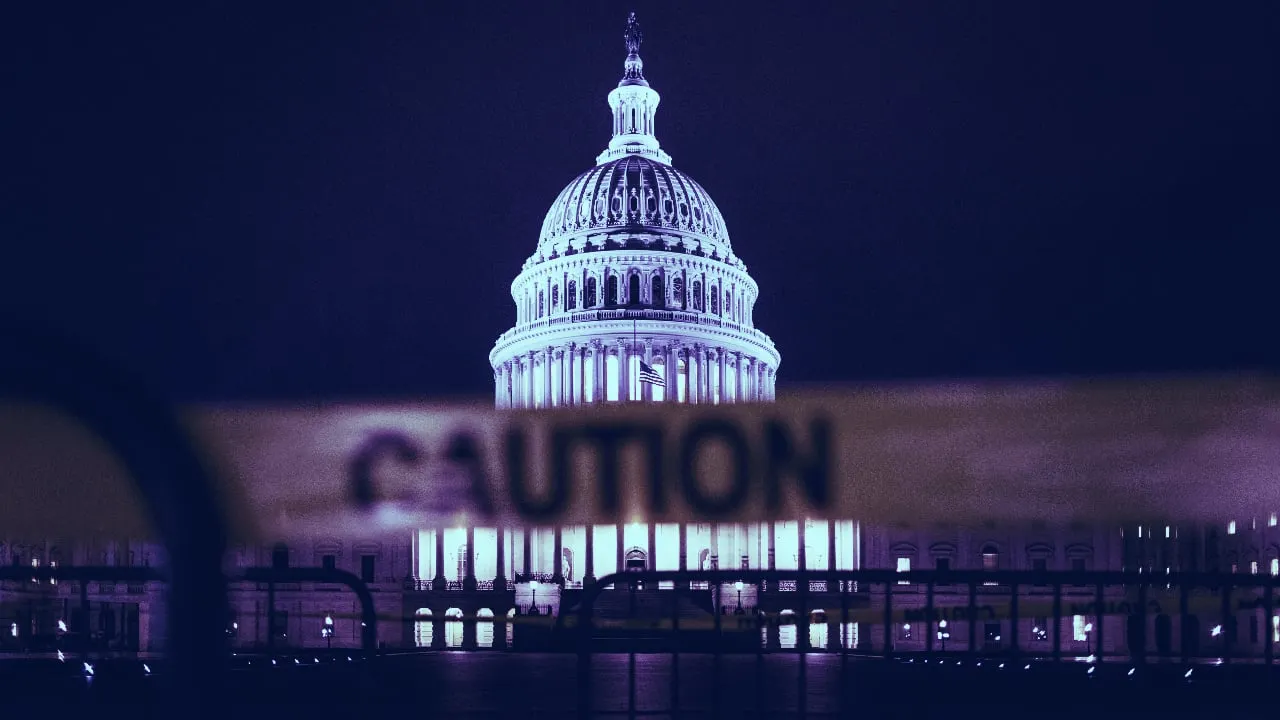Of all the things that could have resulted from the U.S. government’s ongoing federal shutdown, who would have thought it’d give hope to a Bitcoin ETF finally being approved—on a technicality?
President Trump’s big, dumb border-wall temper tantrum has pushed the shutdown into day 19, with no end in sight. As a result, the U.S. Securities and Exchange Commission is down to a skeleton crew performing only critical, market-integrity functions. This means all ordinary business is on hold, including the regulatory guidance that the crypto industry anxiously awaits.
The thing is, the Bitcoin ETF can’t wait. The SEC must rule on the exchange-traded fund proposed by investment management firm VanEck, blockchain startup SolidX, and the Chicago Board Options Exchange (CBOE) by February 27, 2019. By law, it cannot delay any further. So what happens if the deadline strikes and there’s no one around SEC HQ to issue a thumbs up or down? Strange days become even stranger.
“It is technically possible that it would be approved through inaction,” says Teresa Goody, a partner at the law firm of BakerHostetler, who specializes in securities compliance and blockchain technologies. “The rule provides for automatic approval if the SEC does not approve or deny the proposal within the timeframe.”
But before you go filling your bags with bitcoins, Goody, a former SEC attorney, says to take a deep breath: “While it is highly unlikely that the government will still be shut down on February 27, there may be the staff there to address it, and issue either an approval or denial.”
And in any sane world, that would be true. But we drifted off into The Darkest Timeline some time ago, and a government shutdown that sees the leaves turn again isn’t so hard to fathom any more. Still, it wouldn’t be surprising if the SEC had a denial letter ready to go that was just waiting for someone to push “send.”
While ETF hopes spring eternal in cryptoland, the shutdown could specifically affect other eagerly anticipated events. For instance, the Commodity Futures Trading Commission (CFTC) has also been closed until further notice. “The shutdown will likely continue to delay the CFTC’s approval process,” says Goody, “further delaying the launch of the Bakkt bitcoin futures market.”
More generally, Robert Musiala, BakerHostetler’s blockchain counsel, says the shutdown will prolong the period of regulatory uncertainty over tokenization plays. “The industry as a whole has been eagerly awaiting ‘plain English’ guidance on token offerings that SEC director William Hinman said was forthcoming in comments made in November 2018,” he says. “Many market participants are delaying certain aspects of their business plans as they await the release of this new guidance. To the extent the government shutdown impedes release of this guidance, there may be a corollary negative impact on blockchain market activity as business plans are further delayed.”
Lewis Cohen, an attorney at the blockchain-focused DLx Law LLP, agrees, adding that the shutdown is coming at a particularly inopportune time for the crypto market. Hinman’s “plain-English guidance” had been expected right around the start of the new year, he says. “Had that promised plain-English guidance been in process, we certainly lost at least two weeks—maybe three weeks—of potential work on that.”
What’s more, “critical guidance” in the form of no-action letters for various crypto projects has all been placed on hold, he says. Cohen explains that no-action letters are a way for market participants to engage with the SEC, describe to the Commission the details of their respective projects, and essentially gain exemptions from enforcement action. “That doesn’t mean that a private party can’t sue you, and it doesn’t mean a lot of other things, but people usually take a high-degree of confidence that if you get a no-action letter, you’ll stay within the no-action letter,” Cohen says.
“Both Director Hinman and Chairman Clayton have made the point that they’re open to providing no-action where appropriate. To the extent that there are projects in the midst of that, this [shutdown] has effectively caused the SEC staff to put their pencils down and really has impacted that.”
The shutdown is slowing down this process at a crucial time for the market, says Cohen, with “new token issuances ground to a halt” in the United States. After a full year of headaches and heartbreak wrought by the SEC in cryptoland, the industry now fervently prays for its safe and happy return. Strange days, indeed.

